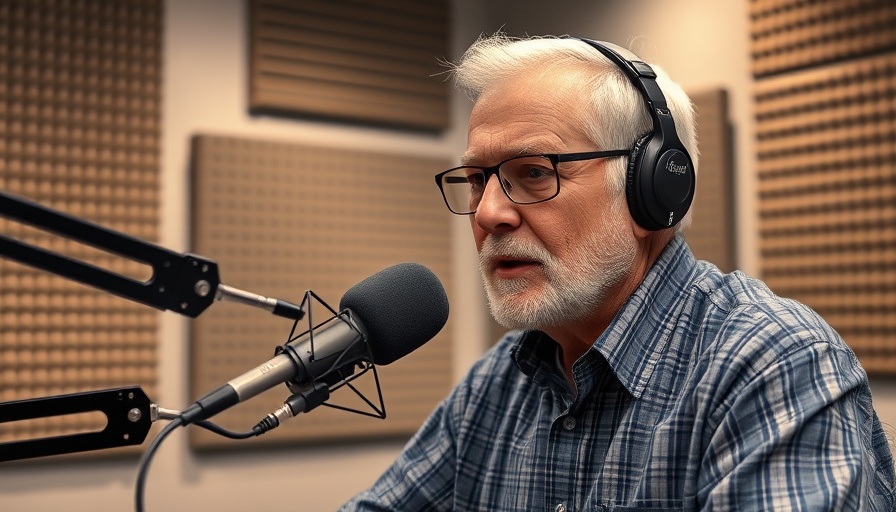
The Evolution of Patient-Centric Health Surveys
Surveys are crucial tools in understanding health outcomes, and over the decades, they've evolved significantly. The World Health Organization (WHO) defined health as a state of complete physical, mental, and social well-being, not just the absence of illness. This definition emphasizes the multifaceted nature of health, breaking it down into distinct components, which is a key consideration in modern health assessments.
Learning from History: Psychometric Advances
The 1970s marked the beginning of what is now known as the "psychometric era" of health survey research. This period brought forth a framework that supports both the physical and mental dimensions of health outlined in the WHO definition. Early studies, such as the Health Insurance Experiment (HIE) and Medical Outcomes Study (MOS), provided foundational lessons about patient outcomes, highlighting the importance of self-administered surveys that are both feasible and cost-effective.
Modern Tools for Better Health Insights
A wide variety of health surveys utilize psychometric and utility methods, offering insights across diverse health domains. From assessments of pain and vitality to evaluations of mental well-being and social functioning, these tools advance our understanding of health outcomes. Measures like the Patient-Reported Outcomes Measurement Information System (PROMIS) capture these domains effectively, allowing for a more nuanced view of patient health.
Mitigating Historical Shortcomings in Health Surveys
Despite their evolution, many legacy issues in health surveys persist, such as ceiling effects and the ability to capture feelings versus behaviors. It's vital for researchers and healthcare providers to remain vigilant against these issues and to continuously refine their methodologies. Learning from past missteps is key to enhancing the effectiveness and accuracy of health assessments.
What These Lessons Mean for Today’s Health Outcomes
In our fast-paced world, having reliable and relevant surveys is more crucial than ever. Professionals seeking to enhance well-being must stay informed about how these surveys can influence healthcare decisions and policies. By utilizing both historical and modern methods, we can bridge gaps in understanding patient experiences and needs.
Future Perspectives on Patient Input in Health Evaluation
As healthcare continues to shift towards a more patient-centered approach, the importance of patient feedback in shaping health policies cannot be overstated. Future trends suggest a deeper integration of patient-reported outcomes as essential metrics in evaluating the effectiveness of treatments and health interventions.
As you navigate the world of health and wellness, consider how these insights apply to you personally. Engage with health surveys where possible, as your voice is crucial in this ongoing dialogue about health outcomes. Enhancing patient experiences starts with informed perspectives. Dive into the discussions and advocate for improved methods in health evaluations. By understanding the tools available, you empower yourself to make informed health choices and drive systemic change!
 Add Row
Add Row  Add
Add 




 Add Row
Add Row  Add
Add 

Write A Comment